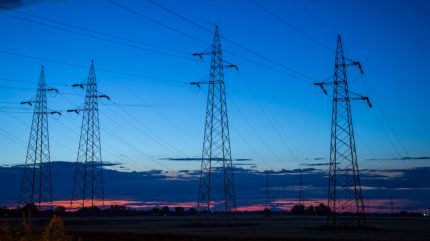
State Grid Brazil Holding, a subsidiary of State Grid Corporation of China, has commenced the construction of the receiving-end Silvânia (GO) Converter Station, a component of the approximately 800kV ultra-high-voltage direct-current (UHV DC) electricity transmission project in Brazil.
This initiative in the country’s north-east region is stated to be the largest power transmission concession project in the history of Brazil.

Discover B2B Marketing That Performs
Combine business intelligence and editorial excellence to reach engaged professionals across 36 leading media platforms.
The UHVDC electricity transmission project marks the third overseas UHV DC transmission project undertaken by State Grid Corporation of China, following the Brazil Belo Monte UHV Phase I and Phase II projects.
Leveraging China’s UHV DC transmission technology, the project is expected to significantly enhance the consumption of clean energy in north-eastern Brazil and improve the safety and reliability of the Brazilian power grid.
The project is also expected to support sustainable economic and social development in Brazil.
Spanning 1,468km, the project includes the construction of UHV DC transmission lines, converter stations at both ends, and supporting 500kV AC infrastructure.

US Tariffs are shifting - will you react or anticipate?
Don’t let policy changes catch you off guard. Stay proactive with real-time data and expert analysis.
By GlobalDataWith a rated transmission capacity of 5GW, it will integrate and distribute clean energy sources such as wind, solar, and hydro.
The project will traverse the states of Maranhão, Tocantins, and Goiás, ultimately supplying energy to approximately 12 million people, including those in the capital, Brasília.
State Grid Corporation of China was awarded the project in December 2023 as the sole bidder.
By April 2024, a concession agreement was signed with the Brazilian National Electric Energy Agency, and preliminary preparations began immediately.
Following 15 months of environmental licensing and assessment, the Silvânia converter station has fulfilled all prerequisites to initiate construction.
The project is scheduled for completion and operation by 2029 and will operate under a 30-year concession term.



